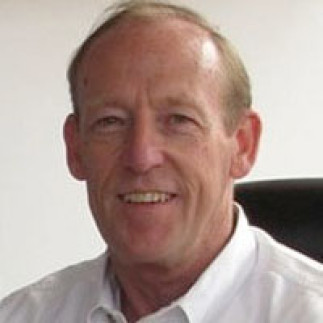Conférence PARAZA PHARMA avec le professeur Gary Molander
Cette conférence sera prononcée (en anglais) par le professeur Gary Molander du département de chimie de l'Université de Pennsylvanie.
Résumé :
In traditional cross-coupling reactions, a three-step catalytic cycle mechanistically based on 2-electron processes is employed: oxidative addition of a halide at Pdº or Niº, transmetalation of an organometallic nucleophile with the oxidative addition intermediate, and reductive elimination, which releases the coupled product and regenerates the Pd0 or Niº catalyst. Although such methods are highly effective for Csp2-Csp2 coupling, extension to 2º and 3º Csp3-hybridized organoboron reagents in particular has proven challenging owing primarily to lower rates of transmetalation, which is rate limiting in many alkylmetallic cross-coupling protocols operating under the traditional mechanistic manifold. To date, strategies aimed at facilitating the transmetalation of Csp3 cross-coupling reactions with functional group-tolerant organoboron or organosilicon reagents employ harsh reaction.
The limitations of the transmetalation in cross-coupling reactions are inherent to the mechanism of this process at the most fundamental level, and thus predispose many Csp3-hybridized alkylmetallic reagents for failure. Described is a novel, single electron mechanistic paradigm for cross-coupling that avoids this problem. Thus, dual catalytic cycles are established: a photoredox catalytic cycle, generating radicals from appropriate precursors, and a cross-coupling catalytic cycle that funnels these radicals into a base metal catalytic cycle that effects the cross-coupling. The nature of the cross-coupling cycle, in which high-energy radical intermediates engage the cross-coupling catalyst, insures a cascade of low energy events leading to product, avoiding the high energy of activation associated with previous cross-coupling protocols. Described will be our efforts to develop a suite of radical precursors for cross-coupling, emphasizing the tolerability of the developed conditions to an unprecedented array of functional groups. The value of generating radicals in a process that is synchronized and catalytic will be emphasized, both in dual catalyzed processes and in processes where a subsequent catalytic transformation is not utilized.
Hôte : Professeur Shawn Collins

